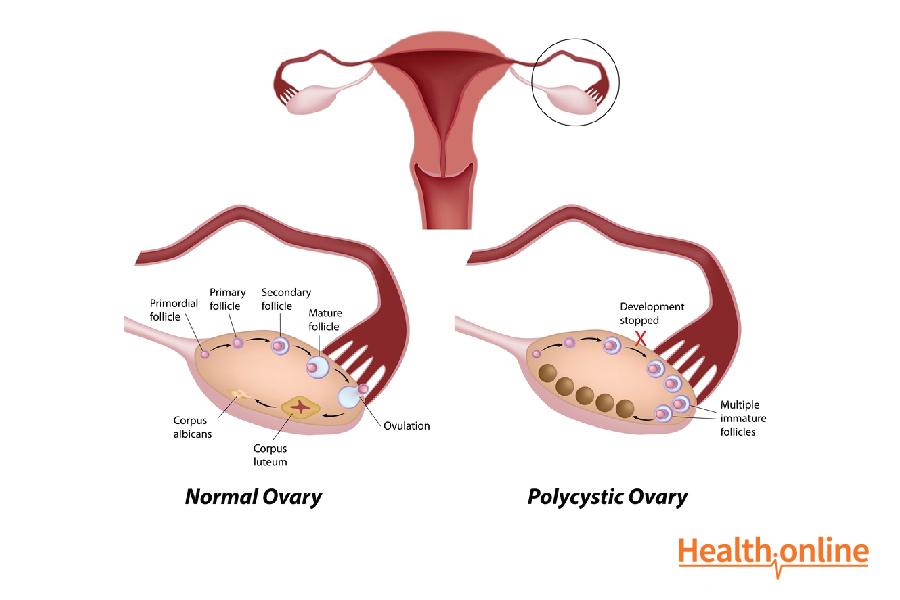
Causes of PCOS
Polycystic Ovarian Syndrome (PCOS) is thought to be a genetic disorder with environmental influences. It is an autosomal dominant disorder that is passed down from parents to children. There have been many clinical studies that link the development of Type II Diabetes Mellitus in a first-degree family relative to the increased risk of the patient having metabolic dysfunction. This is partly because these patients are more likely to be diagnosed with Type II Diabetes Mellitus themselves.
PCOS is also linked to obesity. Patients who are obese have increased levels of estrogen production. One of the classic signs associated with PCOS is unopposed estrogen production and diminished progesterone production. There are several genes that are linked to obesity and the development of PCOS. The PCOS gene is located on the 2q21 locus and codes for a variety of genes.
There is still controversy within the medical community as to what the definite cause of Polycystic Ovary Syndrome is. Some additional theories that may play a significant role in the development of this disorder include: increased or excess insulin production, low-grade inflammation, and hereditary. In patients who have insulin resistance, there is an increased production of insulin from the pancreas. The increased secretion of insulin may result in increased androgen production from the ovaries. This elevation of androgens may affect the woman’s ability to ovulate; thus resulting in anovulation. Low-grade inflammation may also contribute to the development of PCOS. In patients who have low grade inflammation, the result may stimulate the ovaries to produce excess androgens. Heredity also plays a significant role in PCOS development.
While it is unknown the exact cause of PCOS, the one thing that cannot be disputed is that PCOS results from excess androgen production. It is that excess androgen production that results in the signs and symptoms that classically define this disorder.
Recommended Video: 5 Exercises for PCOS Patients




